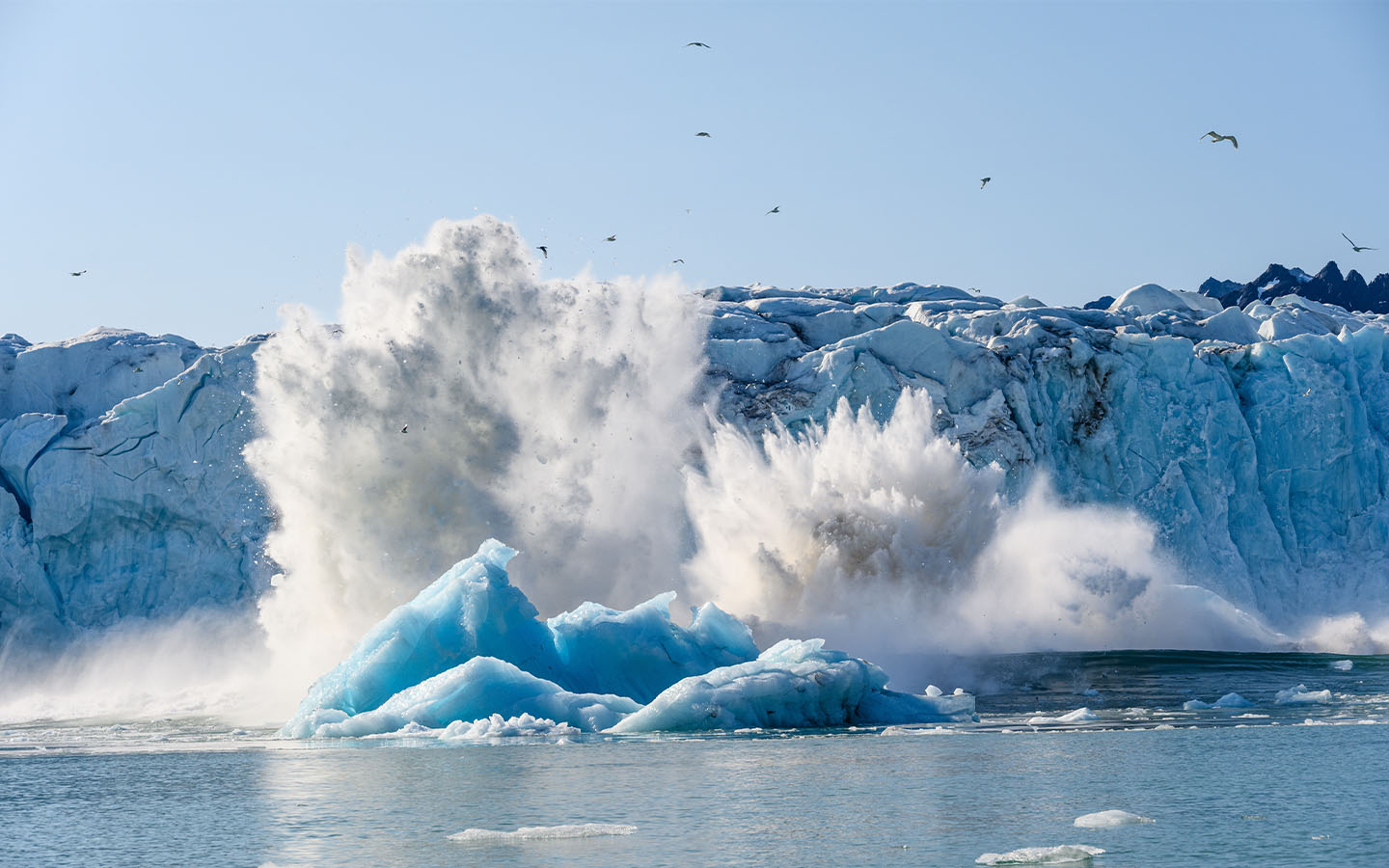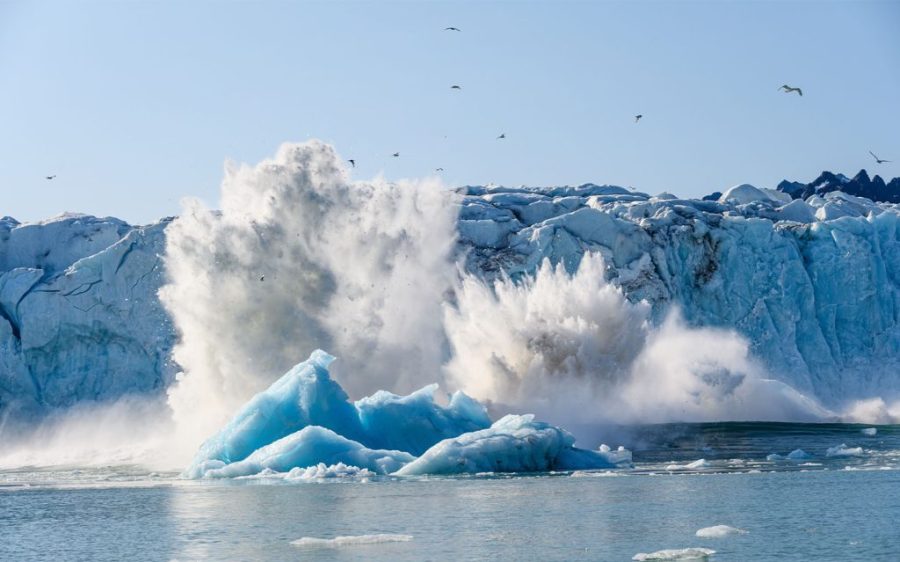Human activity has elevated the quantity of toxic metals in the oceans well beyond natural levels, but a new study reveals that climate change also impacts how these elements are distributed and accumulated in our seas.
The research comes from a working group of the Joint Group of Experts on the Scientific Aspects of Marine Environmental Protection – an organisation of researchers who provide advice to the United Nations on scientific aspects of marine environmental protection, with a focus on how climate change impacts contaminants in the ocean. They found that climate factors – mainly melting glaciers, thawing permafrost and coastal erosion – are increasing the flow and mobilisation of contaminants from natural sources.
Warmer waters and reduced pH levels also influence the bioavailability and uptake of trace elements in marine organisms, increasing the risk to sea life and to communities that rely on traditional fishing.
[See more: The Mediterranean has set a new record sea surface temperature]
Industrial activity is meanwhile directly impacting ocean contaminants, dramatically increasing the global flow of toxic metals like lead and mercury. Silver, produced by coal combustion and found in many antibacterial products, is also a growing problem for coastal waters. Plastic pollution further exacerbates the problem by binding to heavy metals like copper, zinc and lead, allowing them to enter the food chain.
As an advisory body, the working group called for more research into new and under-studied contaminants, better models, and updated legislation to control the impact of contaminants in the oceans. “To better understand the impacts on ecosystems and human health, we need to close knowledge gaps on the interactions between pollutants and climate change and develop standardised methods that provide globally comparable data,” research leader Dr Rebecca Zitoun told the website Earth.com.
Advanced models could enable scientists to predict changes in contaminant distribution and develop effective mitigation strategies, while integration of satellite technology and big data analytics can improve our understanding and ability to monitor this global problem. These technological advancements must be matched by strengthened marine protections, scientists say, creating space to develop sustainable solutions for vulnerable coastal areas.






